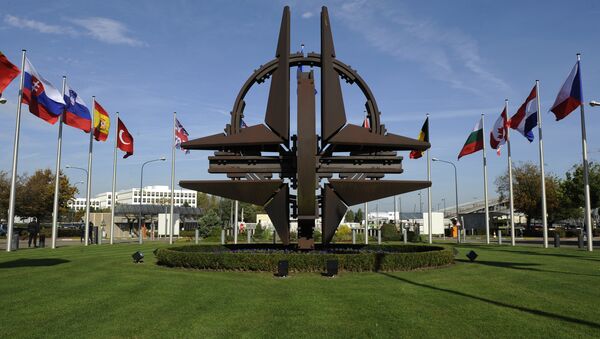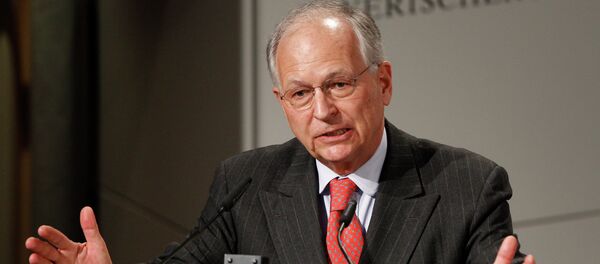Ischinger has called on NATO and Russia to set aside their differences and resume actively exchanging information bilaterally in order to avoid new conflicts and unnecessarily aggravate relations.
He reminded the journalists that the relationship became strained due to the Ukrainian crisis and both NATO and Russia should bring the “diplomatic machine” back into action.
“It is important to talk to each other not only through a megaphone, and I think there is an urgent need for the Alliance to increase its already growing strive to revive the NATO-Russia Council,” RIA Novosti quotes him as saying.
He called on all the parties not to forget that both sides have in their possession thousands, and if we take into account non-strategic ones, tens of thousands of nuclear warheads.
“Only imagine if Russia, also by mistake, have reacted by downing an American jet. The problem should be treated seriously,” concluded the top diplomat.
The NATO-Russia Council (NRC), was established at the NATO-Russia Summit in Rome on May 28, 2002. It replaced the Permanent Joint Council (PJC), a forum for consultation and cooperation created by the 1997 NATO-Russia Founding Act on Mutual Relations, Cooperation and Security, which remains the formal basis for NATO-Russia relations.
It is a mechanism for consultation, consensus-building, cooperation, joint decision and joint action, in which the individual NATO member states and Russia work as equal partners on a wide spectrum of security issues of common interest.




